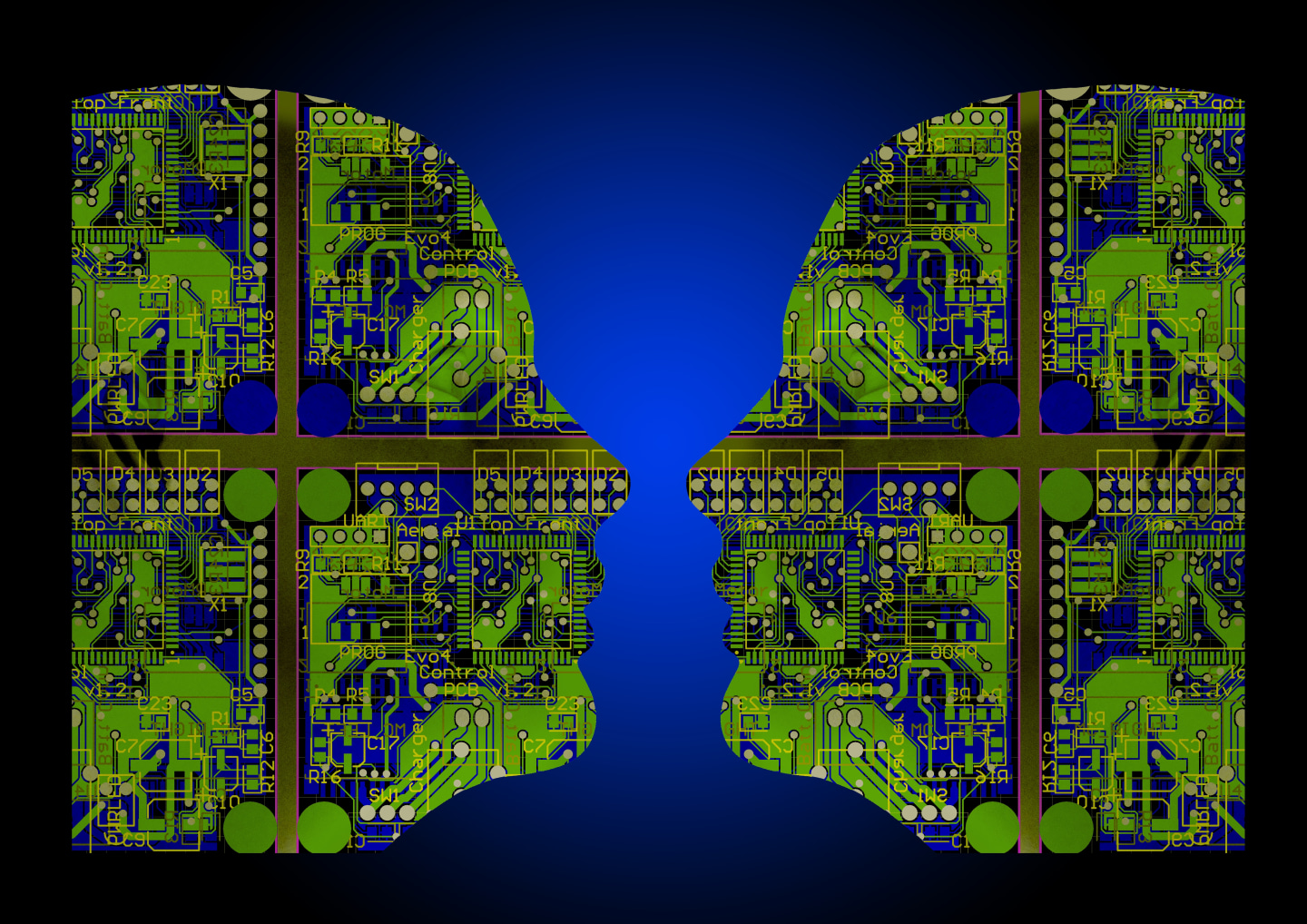Music has a consent problem with A.I. voice models
UMG is teaming up with a company to build A.I. clones of their artists and joining a lawsuit against other companies that create unauthorized models.
 Image by Geralt via Wikimedia Commons
Image by Geralt via Wikimedia Commons
An interesting, underrated wrinkle to the Drake/Kendrick Lamar beef was how the shadow of AI affected it. The artists who made the songs as well as the fans who consumed them were forced to reckon in real time whether or not the songs were by the actual artists themselves or voice models trained on their likenesses. When “Push Ups” leaked, social media erupted in a debate over its provenance: even Kendrick himself wasn’t sure, referencing the query in his response track “euphoria”: “am I battling ghosts or A.I.?” Then came Metro Boomin’s “BBL Drizzy,” an instrumental based on a soul song generated from text prompts by comedian King Willonius — the full version of the A.I.-assisted track is so convincing, it left many spinning conspiracies about how a song nearly half a century old could reference a Canadian rapper and Diddy’s legal issues. Finally, Drake used voice models of Tupac and Snoop Dogg for "Taylor Made Freestyle," a cringey gimmick in his Lamar feud that led to a cease-and-desist order from the Shakur estate.
A.I. influenced one of the year’s biggest music stories, and it would be naive to think that represents the apex of its potential influence. Over the past week, many of the major record labels in the United States have indicated that they’re taking it seriously.
Last Tuesday, Universal Music Group (UMG) announced a new partnership with SoundLabs, a music production company co-founded by the Grammy-winning producer BT. The goal, according to a press statement, is to use SoundLabs’ music software plug-in MicDrop to create officially licensed voice models of UMG artists. The models will not be available to the general public, instead offering the promised “music super-powers” exclusively to the artists they’re based on.
The release emphasizes that MicDrop is meant to supplement a given artist’s creativity instead of replacing them entirely, as well as give artists control over their likenesses in a rapidly changing media landscape. “SoundLabs' goal is to place powerful new compositional tools at artists' fingertips,” the release says, “while supporting proper management of their intellectual property. SoundLabs was founded with a foundational respect for intellectual property rights and is focused on helping artists retain creative control over their data and models.”
Such a partnership, with its promises of ethical AI usage completely siloed to each modeled artist, might end up redundant thanks to the existence of AI programs freely available to the public that create unauthorized AI copies. UMG appears cognizant of this, teaming up with Sony Music Entertainment and Warner Records under the shepherding of the RIAA to launch a huge copyright infringement lawsuit against Suno and Udio, the companies behind two of the most highly-regarded AI modeling softwares (Udio was used to create “BBL Drizzy”).
The lawsuits were filed in different states — Suno’s in Boston and Udio’s in New York City. The RIAA’s Chief Legal Officer Ken Doroshow accuses Suno and Udio of “straightforward cases of copyright infringement involving unlicensed copying of sound recordings on a massive scale.” He adds: “These lawsuits are necessary to reinforce the most basic rules of the road for the responsible, ethical, and lawful development of generative AI systems and to bring Suno’s and Udio’s blatant infringement to an end.” The lawsuit seeks $150,000 in damages per infringement.
A press release on the lawsuit sent by the RIAA makes the major labels’ position clearer: those who control the levers of power in the music industry are focused on getting AI under their control. “The music community has embraced AI,” RIAA Chairman and CEO Mitch Glazier says, perhaps overstating things a tad, “and we are already partnering and collaborating with responsible developers to build sustainable AI tools centered on human creativity that put artists and songwriters in charge.”
It remains to be seen what real commitment the major labels have to ensuring their artists retain control of their likenesses. The lawsuit and UMG’s SoundLabs partnership could be attempts to consolidate power with mere empty gestures at the autonomy of their artists; public attention and opinion will likely dictate the route they choose (and even if they emerge victorious, the labels will likely be playing legal whack-a-mole with open source programs like So-VITS-SVC, the tool responsible for ghostwriter’s “heart on my sleeve,” for years). Either way, the degree to which consent is utilized will dictate the kind of future AI creates. Matthew Dryhurst, a programmer who makes AI consent systems with Holly Herndon, says it best: “When consent is absent,” he writes, “beautiful relationships and connections are stymied that could instead have been nurtured.”